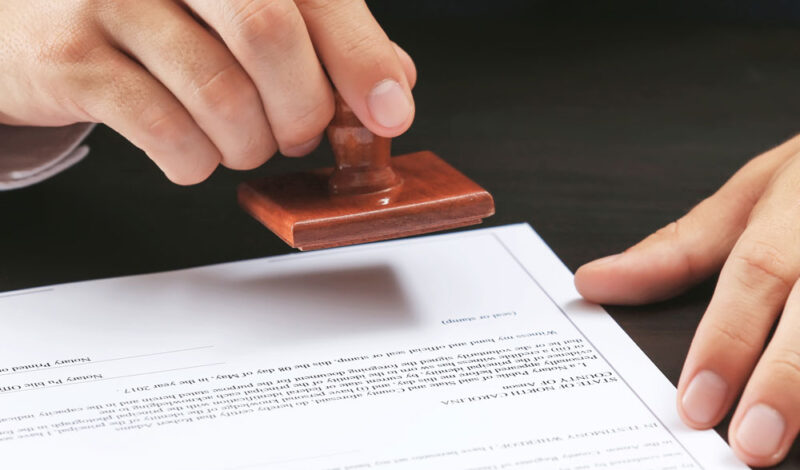
Navigating the complexities of inheritance can be challenging, especially when legal procedures are involved. In the United Arab Emirates (UAE), a Power of Attorney (POA) for inheritance is a vital legal instrument that empowers a trusted individual to manage and distribute a deceased person’s estate on behalf of the rightful heirs. Whether you’re a UAE resident or living abroad, understanding the nuances of this process is crucial.
What is a Power of Attorney for Inheritance?
A Power of Attorney for inheritance is a legal document that authorizes a designated person or law firm to act on behalf of the legal heirs of a deceased individual. This authorization encompasses initiating and completing succession and probate proceedings, obtaining necessary court orders, and facilitating the distribution of the deceased’s estate to rightful beneficiaries.
Key Responsibilities of the Appointed Attorney
The appointed attorney under a POA for inheritance typically handles:
- Court Representation: Engaging with UAE courts to initiate and manage probate proceedings.
- Document Procurement: Obtaining succession certificates or probate orders essential for estate distribution.
- Asset Management: Overseeing the distribution of assets, including real estate, bank accounts, and other properties, to the rightful heirs.
Legal Liaison: Coordinating with legal entities, government departments, and other relevant organizations to ensure compliance with UAE laws.
Essential Documents for POA Preparation
For UAE Residents:
- Valid passport and Emirates ID of the principal (person granting the POA).
- Valid passport and Emirates ID of the appointed attorney.
- Any additional documents pertinent to the estate or specific requirements.
For Non-UAE Residents:
- Valid passport of the principal.
- Valid passport and Emirates ID of the appointed attorney (if residing in the UAE).
- Additional documents as required based on the estate’s specifics.
Steps to Draft and Notarize the POA
- Drafting the Document: Engage a legal professional to draft the POA, ensuring it clearly outlines the powers granted and complies with UAE laws.
- Translation: If the POA is not in Arabic, it must be translated by a certified legal translator.
- Notarization:
- For UAE Residents: Visit a Notary Public office in the UAE to notarize the POA.
- For Non-UAE Residents: Sign the POA before a Notary Public in your country, then have it attested by the UAE Embassy in your country and subsequently by the UAE Ministry of Foreign Affairs.
- Court Submission: Submit the notarized POA to the relevant UAE court to initiate inheritance proceedings.
Special Considerations for Non-Residents
Non-residents must ensure their POA undergoes proper attestation to be recognized in the UAE. This includes notarization in their home country, attestation by the UAE Embassy there, and final attestation by the UAE Ministry of Foreign Affairs upon arrival in the UAE.
Benefits of Utilizing a POA for Inheritance
- Efficiency: Streamlines the inheritance process, especially when heirs are geographically dispersed.
- Legal Compliance: Ensures all actions taken are within the bounds of UAE law.
- Peace of Mind: Provides assurance that a trusted individual is managing the estate affairs diligently.
Conclusion
Securing a Power of Attorney for inheritance in the UAE is a prudent step to ensure the smooth and lawful distribution of a deceased individual’s estate. By understanding the process and engaging qualified professionals, heirs can navigate the complexities of inheritance with confidence and clarity.


